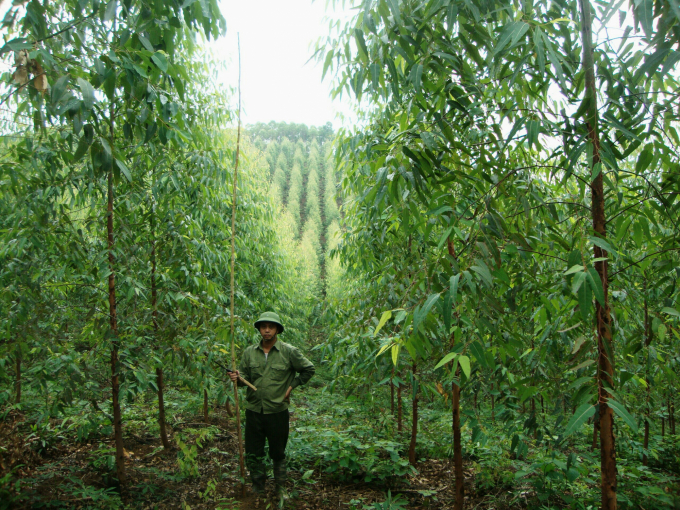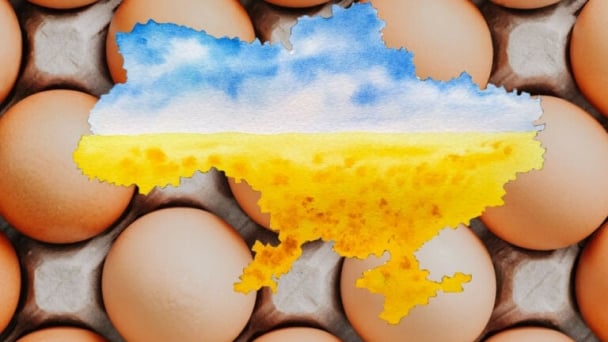May 21, 2025 | 06:07 GMT +7
May 21, 2025 | 06:07 GMT +7
Hotline: 0913.378.918
May 21, 2025 | 06:07 GMT +7
Hotline: 0913.378.918

MARD will submit to the Government for official regulations on a reasonable and transparent mechanism for receiving, measuring and spending the money from carbon services, said Permanent Deputy Minister of Agriculture and Rural Development Ha Cong Tuan. At the same time, the submitted regulations are put into practice right away to measure the carbon sequestration of covered forest areas.
However, according to Ha Cong Tuan, the most fundamental issue is trying to control forest degradation and increase forest area and forest quality.
At present, Vietnam’s ability to expand forest areas is limited already, but the quality of forests will be increased. As such, carbon pools will increase to meet even higher carbon sequestration.
This will both ensure the fulfillment of Vietnam’s commitments for the ERPA, and help sell carbon certificates to partners other than the Forest Carbon Partnership Facility (FCPF) that has committed to pay Vietnam at US$ 5/ton.
Ha Cong Tuan affirmed that the MARD will consider to pay carbon certificates under ERPA in the most reasonable way for those forest workers to directly increase carbon pools in 6 North Central provinces and other neighboring provinces. This is not only to encourage forest development, increase carbon sequestration, but also contribute to the appropriate sharing of community benefits.
MARD hopes that the carbon service payment for the forestry sector will continue to be deployed on a large scale. Of course, this service is not only implemented in Vietnam, but also seen as a pilot model to gradually spread and replicate globally.
The sale of carbon certificates under the ERPA agreement with the FCPF is currently limited to the voluntary market and is just a pilot project. And Vietnam is focusing only on major international emitters. However, in the country, MARD will submit to the Government a mechanism parallel with ERPA, a pilot payment policy of carbon certificates in the coming time.
Vietnam is also hoping that the market for carbon certification will gradually become mandatory, ie CO2 emitters are required to purchase carbon certificates in order to create a real and fair market for both sellers and buyers.
Author Nguyen Huan. Translated by Huyen Dan. Edited by Duc Huy.

(VAN) Oliyar, a prominent Ukrainian oil and fat manufacturer, has revealed plans to build a farm for 2.3 million laying hens in the Lviv region. The additional production quantities promise to change the competitive landscape of the egg market of the Eastern Europe region.

(VAN) On May 15, Ministry of Agriculture and Environment of Vietnam hosted the 'Connecting Vietnam - Germany agricultural, forestry and fishery trade' seminar in Berlin, Germany.

(VAN) In the face of counterfeit and imitation products, Khanh Hoa Salanganes Nest Company hopes for the prompt completion of the legal framework, strict enforcement against violations, and protection of the bird’s nest brand.

(VAN) Japan's efforts to lower the price of rice through the release of its stockpile may finally be making some progress, albeit at a snail's pace.

(VAN) U.S. tariffs are not only a 'shock', but also an opportunity for Vietnamese businesses to renew their mindset toward comprehensive development.

(VAN) As Bac Giang lychee enters the harvest season, Minister Do Duc Duy expects that the fruit will contribute greatly to agricultural exports due to standardized production and deep processing.

(VAN) Consumers have shown a preference for free-range eggs, but those farming systems are more vulnerable to biosecurity risks like bird flu.